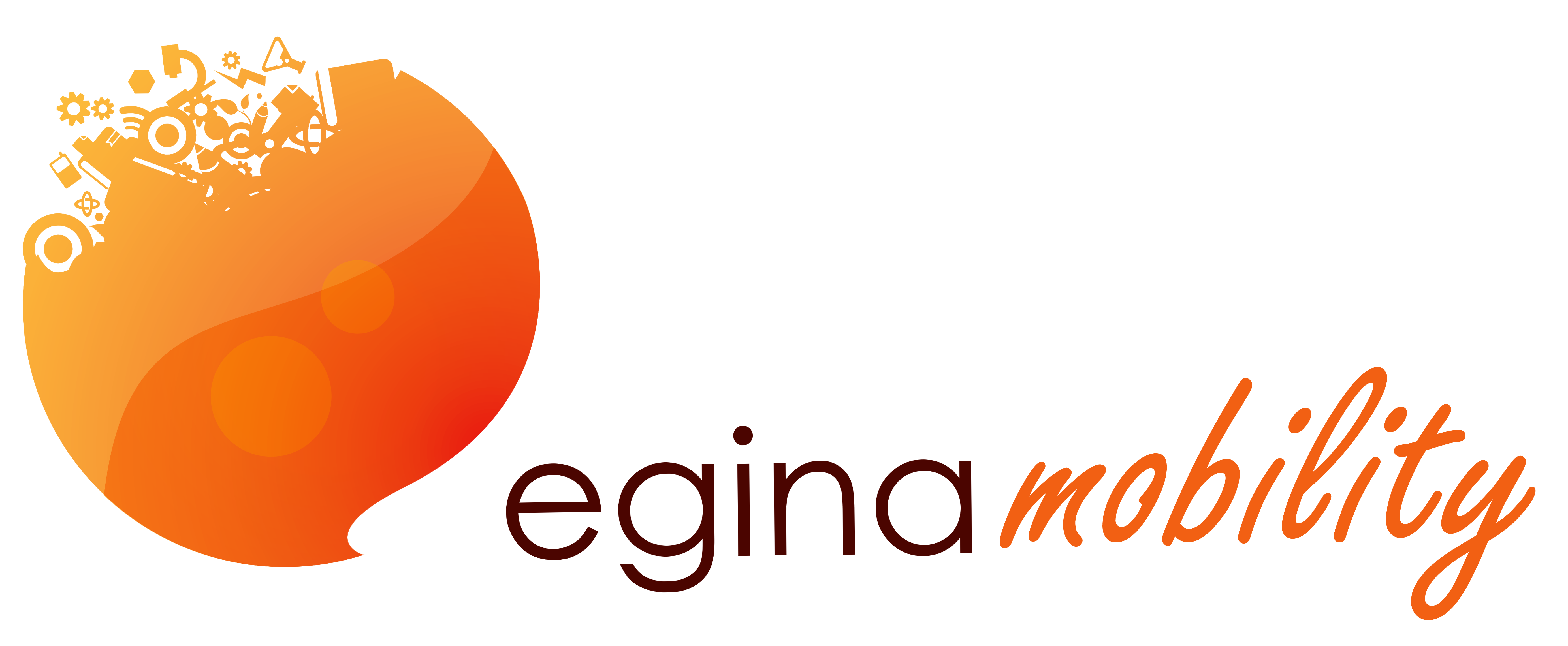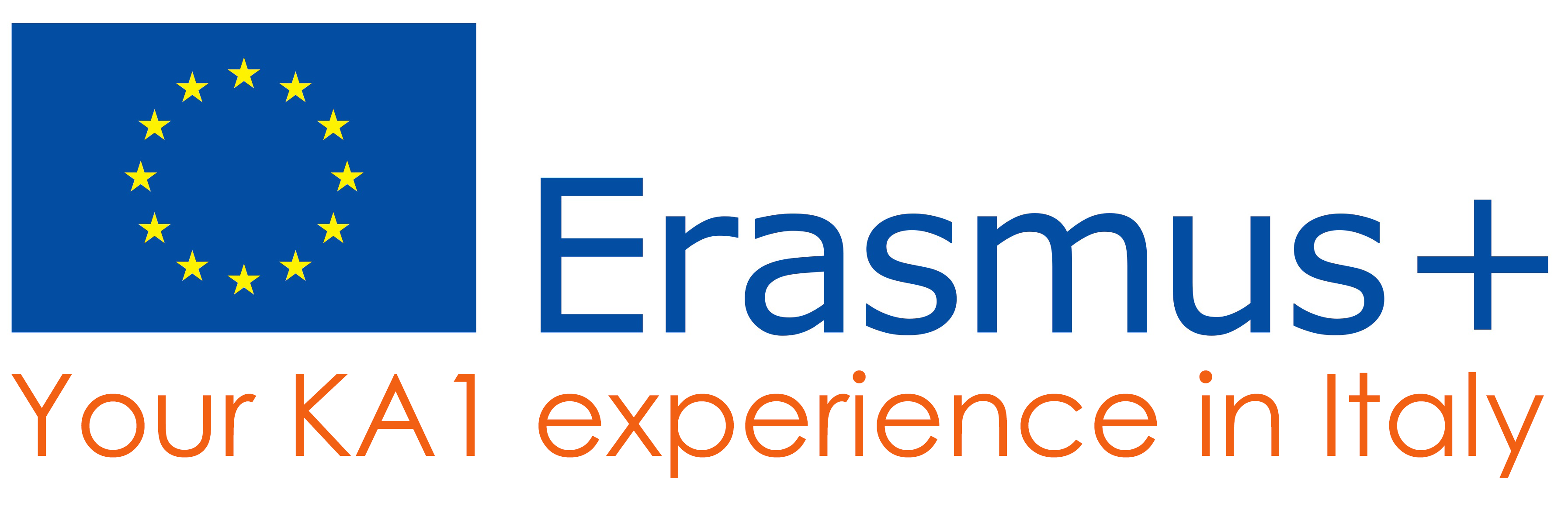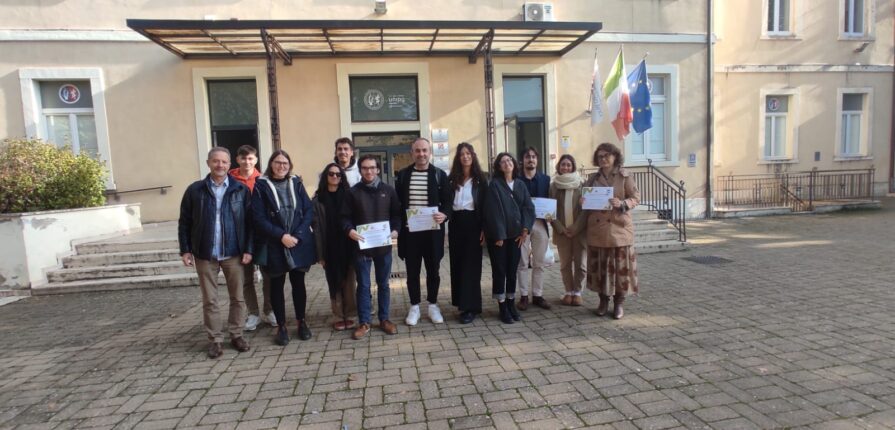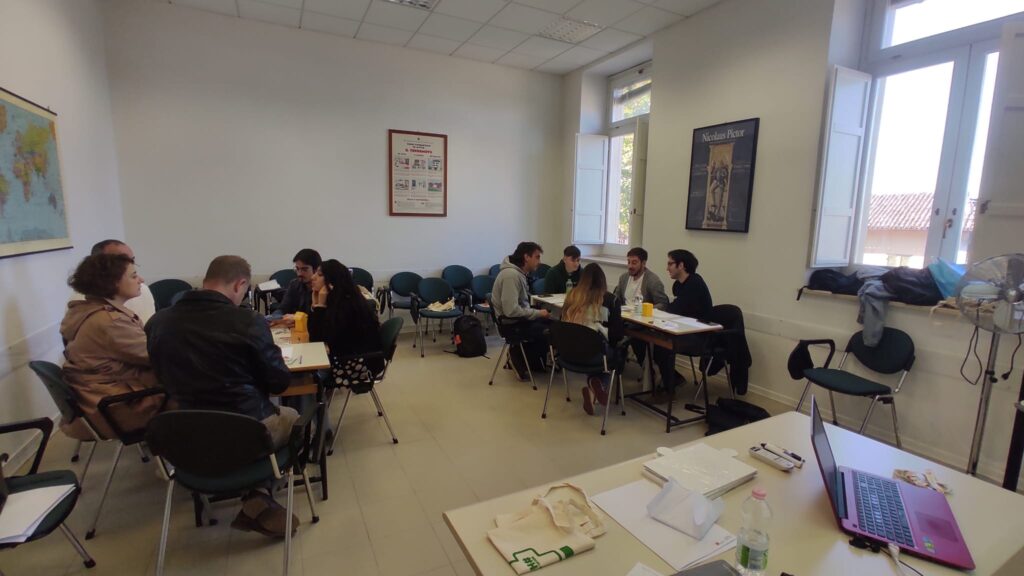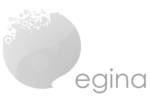The fourth edition of the Blended Course for Project Proposal Writing (KA2) successfully concluded in Foligno (IT), hosted at the Centro Studi from November 4 to 8. Led by EGInA’s expert trainers, the course guided participants through the essential phases of drafting a successful Key Action 2 project proposal within the Erasmus+ program. The program combined theoretical insights with practical co-design sessions, allowing participants to collaboratively develop and refine their projects.
Throughout the course, participants gained a deep understanding of key elements in project proposal writing, including needs analysis, objective setting, time and budget planning, as well as strategies for project impact and dissemination. The training provided valuable tools for structuring project proposals in line with Erasmus+ standards.
In addition, participants explored best practices related to the four European priorities (inclusion, digitalization, environmental sustainability, and active citizenship) through concrete examples from EGInA’s extensive project portfolio, both locally and internationally. By the end of the course, the group developed two comprehensive concept notes for proposals – a small-scale partnership and a cooperation partnership – each carefully reviewed, refined, and ready for the upcoming Erasmus+ call expected between February and March 2025!
A special thank you goes to the participants, whose diverse roles and backgrounds brought invaluable insights to the course. Representatives from Fédération Française des Maisons de l’Europe (France) — both a project officer and the president —shared their expertise on fostering European unity. From Associazione Culturale Smascherati! APS (Italy), a project manager and actress enriched discussions with an artistic approach. The MAKS educator from Belgium offered perspectives on social inclusion and the importance of combating the digital divide.
A PostDoc researcher from Università degli Studi di Bari (Italy) highlighted the role of academic research and objectives, and an educator from CPIA Oristano brought experience in adult education, particularly concerning the needs of migrants. A student from University of Gyor (Hungary) emphasized youth inclusion, and the president of the Values, Virtues, Integrity Foundation (Bulgaria) focused on the synergy of different approaches.
This diverse mix fostered a collaborative learning environment, laying a solid foundation for future Erasmus+ projects.
We look forward to seeing you at the next edition!
